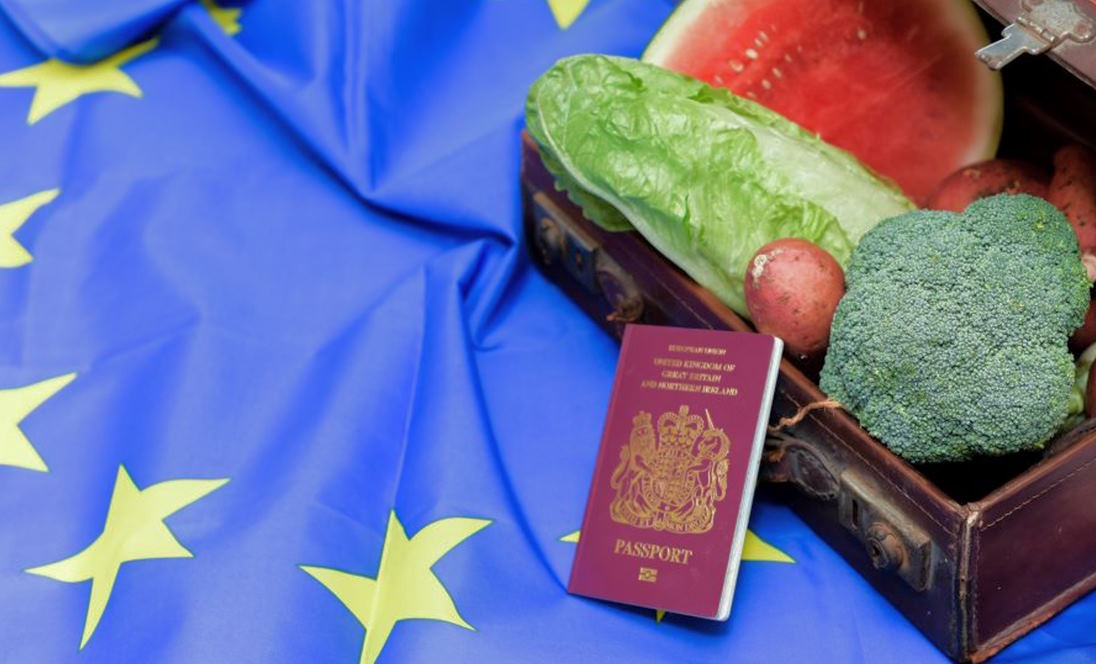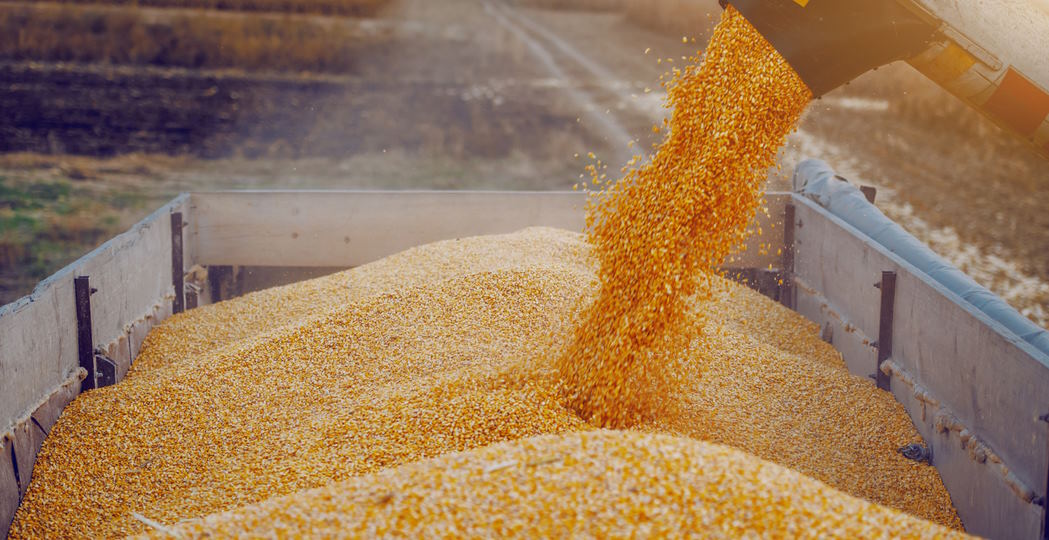Navigating the intricate world of international trade regulations and compliance is essential for businesses in the food industry, particularly when it comes to importing and exporting goods to and from the European Union (EU). The EU stands as one of the largest and most lucrative markets for food products, making it crucial for companies to understand and adhere to the import and export requirements imposed by EU authorities. By delving into the key regulatory bodies, requirements, and challenges, businesses can gain valuable insights to successfully navigate the complexities of importing and exporting food products in the European market.
Navigating Import Requirements for European Food
Preparing for importation
When planning to import food products into Europe, thorough preparation is crucial to ensure a smooth and compliant process. The following steps can help businesses effectively navigate import requirements:
- Identifying relevant regulations and standards: Familiarize yourself with the specific regulations and standards imposed by the European Union. These may include food safety, labeling, packaging, and documentation requirements. Understanding these regulations will enable you to proactively address any potential compliance issues.
- Engaging with local authorities and trade organizations: Establishing communication channels with local authorities, such as customs officials and regulatory bodies, is essential. They can provide valuable guidance on import procedures, documentation, and any recent changes in regulations. Additionally, connecting with trade organizations and industry associations can offer valuable insights and resources to navigate the import process effectively.
- Conducting product testing and certification: Compliance with European standards often requires rigorous testing and certification of food products. Ensure that your products meet the required quality and safety standards by conducting necessary tests and obtaining relevant certifications. This includes verifying aspects such as microbiological safety, chemical residues, and product composition.
Ensuring compliance with SPS measures
Complying with sanitary and phytosanitary (SPS) measures is crucial to gain access to the European food market. Pay attention to the following aspects:
- Meeting food safety standards and hygiene requirements: Ensure that your products meet the EU’s stringent food safety and hygiene standards. This involves implementing robust quality control measures, adhering to good manufacturing practices, and maintaining appropriate storage and transportation conditions.
- Addressing pesticide and residue limits: Verify that your products comply with the EU’s regulations on pesticide residues. Regularly monitor and manage pesticide usage in the production process to ensure that residue levels remain within permissible limits.
- Managing genetically modified organisms (GMOs) restrictions: The EU has strict regulations regarding the use and labeling of genetically modified organisms. Familiarize yourself with these regulations and ensure that any GMO-containing products are appropriately labeled and meet the EU’s requirements.
Understanding labeling and packaging requirements
Accurate and compliant labeling and packaging are essential for importing food products into Europe. Pay attention to the following aspects:
- Language and content requirements: Ensure that all product labels and accompanying documents are in the required language(s) of the destination country. Additionally, comply with specific labeling content requirements, such as ingredient lists, allergen declarations, net weight, and storage instructions.
- Allergen declarations and nutritional information: Clearly and accurately declare any allergens present in your products on the labels. Furthermore, provide comprehensive nutritional information, including values for energy, fat, carbohydrates, protein, and salt content, as per EU regulations.
- Packaging materials and waste management considerations: Be aware of packaging material restrictions and recycling requirements in the EU. Ensure that your packaging materials comply with relevant regulations, such as the use of recyclable or biodegradable materials. Implement appropriate waste management practices to minimize environmental impact.
Managing Export Requirements for European Food
Identifying target markets and their specific regulations
When exporting food products from Europe, it is essential to identify and understand the regulations of the target markets. Different countries may have specific requirements regarding imports, such as restrictions on certain ingredients or packaging materials. Conduct thorough market research to identify the specific regulations and adapt your export strategy accordingly.
Meeting EU export documentation requirements
Exporting food products from Europe requires compliance with EU export documentation requirements. Consider the following key aspects:
- Obtaining export licenses and certificates: Depending on the destination country and product category, you may need to obtain export licenses or certificates. These documents certify the compliance of your products with relevant regulations, such as food safety or organic certifications.
- Completing customs declarations: Accurate and complete customs declarations are crucial for smooth export processes. Ensure that all required information, including product details, quantities, and values, are correctly provided. Work closely with your logistics provider or customs agent to ensure compliance with customs requirements.
- Complying with export control regulations: Some food products may be subject to export control regulations due to their nature or destination. Familiarize yourself with export control requirements, such as restrictions on certain goods or countries, and ensure compliance before exporting.
Adhering to destination country’s import regulations
To successfully export European food products, it is essential to understand and comply with the import regulations of the destination country. Pay attention to the following aspects:
- Understanding local SPS measures and import restrictions: Each country may have specific sanitary and phytosanitary (SPS) measures in place to protect public health and ensure product safety. Familiarize yourself with these measures, such as maximum residue limits or microbiological standards, to ensure compliance and avoid any import restrictions.
- Addressing labeling and language requirements: Many countries have specific labeling and language requirements for imported food products. Ensure that your labels meet the required language(s) and contain the necessary information, including ingredient lists, nutrition facts, and allergen declarations, in accordance with local regulations.
- Complying with product-specific regulations (e.g., organic, gluten-free): Certain products, such as organic or gluten-free foods, may have additional regulations in the destination country. Verify if your products meet the specific requirements and obtain any necessary certifications or documentation to demonstrate compliance.
Overcoming Challenges and Ensuring Compliance
Navigating the world of trade regulations and ensuring compliance can be a challenging endeavor, especially when it comes to European food trade. However, businesses can overcome these challenges and maintain compliance by implementing the following strategies:
Managing complexities of varying regulations across EU member states
One of the significant challenges in European food trade is the presence of varying regulations across different EU member states. Each country may have its own specific requirements, creating complexity for businesses operating across multiple markets. To tackle this challenge, it is essential to conduct thorough research and gain a comprehensive understanding of the regulations in each target market. Implementing a streamlined approach that takes into account the unique requirements of each country can help businesses maintain compliance and avoid potential penalties or delays.
Seeking professional guidance and legal advice
Given the intricacies of trade regulations, seeking professional guidance and legal advice is crucial. Collaborating with experts who specialize in European food trade can provide valuable insights and assistance in navigating complex compliance issues. These professionals can help interpret regulations, provide guidance on documentation requirements, and offer strategies for overcoming specific challenges. Their expertise can be instrumental in ensuring compliance while maximizing operational efficiency and minimizing risks.
Implementing internal compliance procedures and quality control measures
To maintain compliance consistently, businesses should establish robust internal compliance procedures and quality control measures. This includes developing clear processes for monitoring and verifying compliance with regulatory requirements at every stage of the supply chain. Implementing quality control measures such as regular product testing, supplier audits, and internal inspections can help identify and rectify any potential non-compliance issues proactively. By prioritizing internal compliance, businesses can foster a culture of accountability and ensure that all stakeholders understand and adhere to regulatory obligations.
Staying updated on regulatory changes and industry trends
Trade regulations and compliance requirements are subject to change. It is crucial for businesses to stay informed about regulatory updates and industry trends. Subscribing to relevant newsletters, participating in industry forums, and maintaining regular communication with trade organizations can provide valuable insights into regulatory changes and emerging compliance practices. By staying updated, businesses can adapt their operations swiftly to meet new requirements, ensuring ongoing compliance and a competitive edge in the European food trade market.


